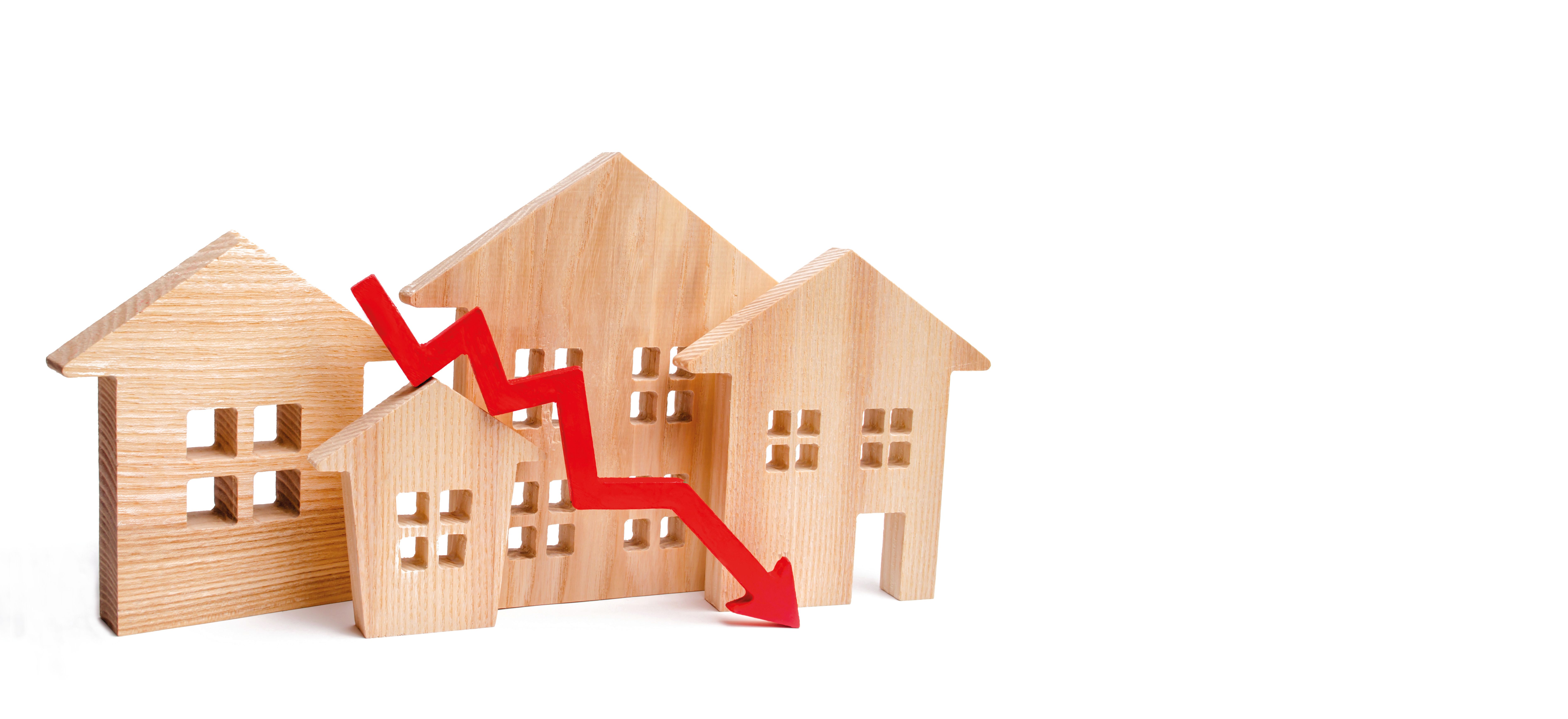
The number of mortgage approvals hit 48,700 in April, a fall on the number made the previous month.
Figures from the Bank of England show this was down from the 51,500 approvals in March and indicates the market is again declining after two months of slim growth. However the number of approvals for remortgaging increased slightly, from 32,200 to 32,500 during the same period.
Overall the value of this net mortgage debt has reached the lowest level on record, if the period the following the onset of the pandemic is excluded. The BoE figures show the borrowing of mortgage debt by individual declined from net zero in March to £1.4bn of net repayments in April.
These figures also show the ‘effective’ interest rate — the actual interest paid — on newly drawn mortgages rose by 5 basis points, to 4.46% in April.
Commenting on these figures MT Finance director Timer Abode says: “Lower mortgage approvals in April are disappointing, indicating that there is less confidence in the market than seemed to be the case the previous month.
“Transactions are also down compared with where we were before the pandemic so some assistance from the government in order to boost to the market and encourage a pick-up in volumes is now required.”
SPF Private Clients chief executive Mark Harris adds: “With mortgage approvals slipping in April, it looks as though buyers are concerned as to what’s going on in the wider economy and what they can afford.
“The average rate on new mortgages continued to rise in April, increasing by 5 basis points to 4.46 per cent. The worst of the pain may not be over with another quarter-point rate rise expected this month as inflation proves to be more stubborn than the Bank of England previously forecast.”
Knight Frank Finance partner Hina Bhudia adds: “Rates are likely to continue rising amid expectations that the Bank of England base rate will need to rise meaningfully higher than its current level of 4.5%. As of this morning, borrowers could still secure five-year fixed rate products below 4.5%, but likely not for long. Leading two-year fixed rate products are approaching 4.75%.
“Many borrowers are opting for the more expensive two-year fixed rate to avoid locking themselves in for five years at levels so much higher than their previous deal, but the path of mortgage rates is subject to a huge amount of uncertainty.”
Former RICS residential chairman and north London estate agent Jeremy Leaf adds: “The key point for us in these numbers is the slip in net mortgage approvals for house purchase, mainly reflecting decisions made a few months previously. There is no doubt buyers are a little more cautious than they were earlier in the year.”
Shawbrook Bank’s managing director of real estate Emma Cox says: “Buyer confidence remains diminished as a further interest rate hike and year-on-year house price growth have suppressed demand.
“Those who still plan to progress with their property plans are likely to be keen to act swiftly to conclude deals and limit the risk of further base rate increases. Homeowners too will be keen to push on with re-mortgage plans ahead of a further possible rate hike.”



